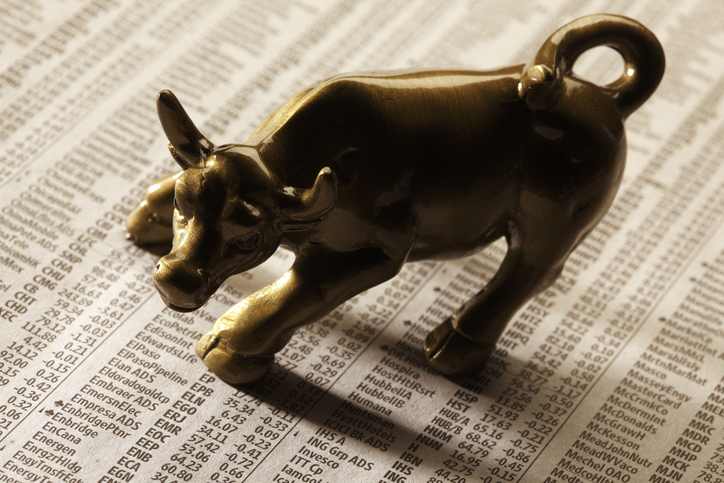The region fund managers have never been more bullish about
Two-thirds of investors predict that this will be the top-performing asset in 2021.
26th January 2021 10:37
by Kyle Caldwell from interactive investor
Two-thirds of investors predict that this will be the top-performing asset in 2021.

Fund managers are increasingly turning their attention to the East in pursuit of potentially higher returns.
According to the Bank of America Merrill Lynch Global Fund Manager Survey for January, a record high of 62% of investors are overweight emerging markets. In addition, two-thirds of investors predict that emerging markets will be the top-performing asset in 2021.
Fund managers are looking to profit from a cyclical recovery as economies reopen for business post-pandemic. As well as favouring emerging markets, fund managers have been increasing investments to energy, materials, banks and smaller companies.
Investment trust analyst Stifel is also bullish on the outlook for emerging markets in 2021. It notes “the region has been the best at managing the Covid-19 pandemic and the weakening US dollar should be a supportive tailwind for the region”.
- Emerging market shares hit record high: here's why
- Funds and trusts four professionals are buying and selling: Q1 2021
- Emerging market funds are back in form
The performance of emerging markets tends to correlate with the US dollar. When the US dollar is strong, emerging markets tend to struggle. But when the US dollar is weak, this is a tailwind for them. Emerging market countries have a large amount of US-denominated debt. So when the dollar rises, the debt becomes more expensive to service. The reverse is true when the dollar weakens.
Emerging markets have been enjoying a purple patch of form, with the MSCI Emerging Market Index hitting a new all-time high last week (19 January), its highest point in 13 years.
The new high follows strong performance from the index’s largest constituents in 2020. China (40% of the index), South Korea (13%) and Taiwan (13%) all had a relatively good 2020 in terms of both health and economics, boosting share prices and the overall index.
China was first-in, first-out of the Covid-19 pandemic, with the country largely keeping new cases under control. As a result, China’s economy recovered much quicker, which meant a buoyant stock market from the end of March.
The attractions of emerging markets are well documented. These fast-growing economies are armed with favourable demographics, in the shape of young, increasingly upwardly mobile populations. This means plenty of taxpayers and spenders, which should hopefully translate into positive stock-market returns.
But investors need to strap themselves in for the long term – this is a high-risk, volatile area, which can leave investors nursing sharp losses over short time periods.
How to invest in emerging markets
Stifel has positive recommendations for Templeton Emerging Markets (LSE: TEM), JPMorgan Emerging Markets (LSE: JMG) and JPMorgan Global Emerging Markets Income (LSE: JEMI).
The three actively managed members of interactive investor’s Super 60 list are JP Morgan Emerging Markets, Mobius Investment Trust (LSE: MMIT) and Utilico Emerging Markets (LSE: UEM). In addition, we recommend Fidelity Index Emerging Markets, as a passive option.
In addition, Murray International (LSE: MYI), also in the Super 60 but as one of our global equity income choices, has around half its assets in Asia and the emerging markets. Fund manager Bruce Stout sees the East as offering the strongest growth potential for at least the next five to 10 years.
He points out that Asia and other emerging markets will not have the same level of public sector debt as the developed world as governments try to spend their way out of the pandemic..
“So there is a drag for growth prospects in the developed world that just isn’t there in Asia and emerging markets to the same extent,” says Stout. “That tailwind should be beneficial as we go forward.”
These articles are provided for information purposes only. Occasionally, an opinion about whether to buy or sell a specific investment may be provided by third parties. The content is not intended to be a personal recommendation to buy or sell any financial instrument or product, or to adopt any investment strategy as it is not provided based on an assessment of your investing knowledge and experience, your financial situation or your investment objectives. The value of your investments, and the income derived from them, may go down as well as up. You may not get back all the money that you invest. The investments referred to in this article may not be suitable for all investors, and if in doubt, an investor should seek advice from a qualified investment adviser.
Full performance can be found on the company or index summary page on the interactive investor website. Simply click on the company's or index name highlighted in the article.